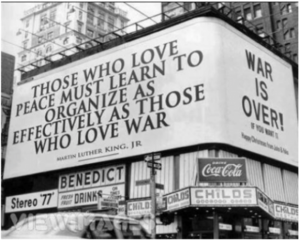Becoming an Amateur Rock Jeweler
Over the past few months, I've been posting on my newly ignited passion for rock hounding, sculpting rocks and rock tumbling. SE Missouri is a great place to find beautiful rocks. I find most of my rocks in creeks 1 or 2 hours south of St. Louis. After tumbling them, I've handed them to many friends and acquaintances as mementos and for no reason at all. People love smooth polished rocks--I'm tempted to call it a human universal.
As I've created increasing numbers of tumbled rocks, I've learned that for a minimal cost, one can create necklaces and other jewelry with them. This is a photo of my first creation. I gave it to a dear friend who is moving away from St. Louis and it brought a big smile to her face. I'm late to this game--lots of people make jewelry. As with all handmade gifts, this is equal fun for giver and receiver.
Here are two other necklaces I just put together. Nature generates some awesome patterns. I couldn't see these patterns on the raw rock. Not until it was tumbled. Some beautiful rocks look ordinary when tumbled. Some ordinary rocks look beautiful when tumbled. You never know.




